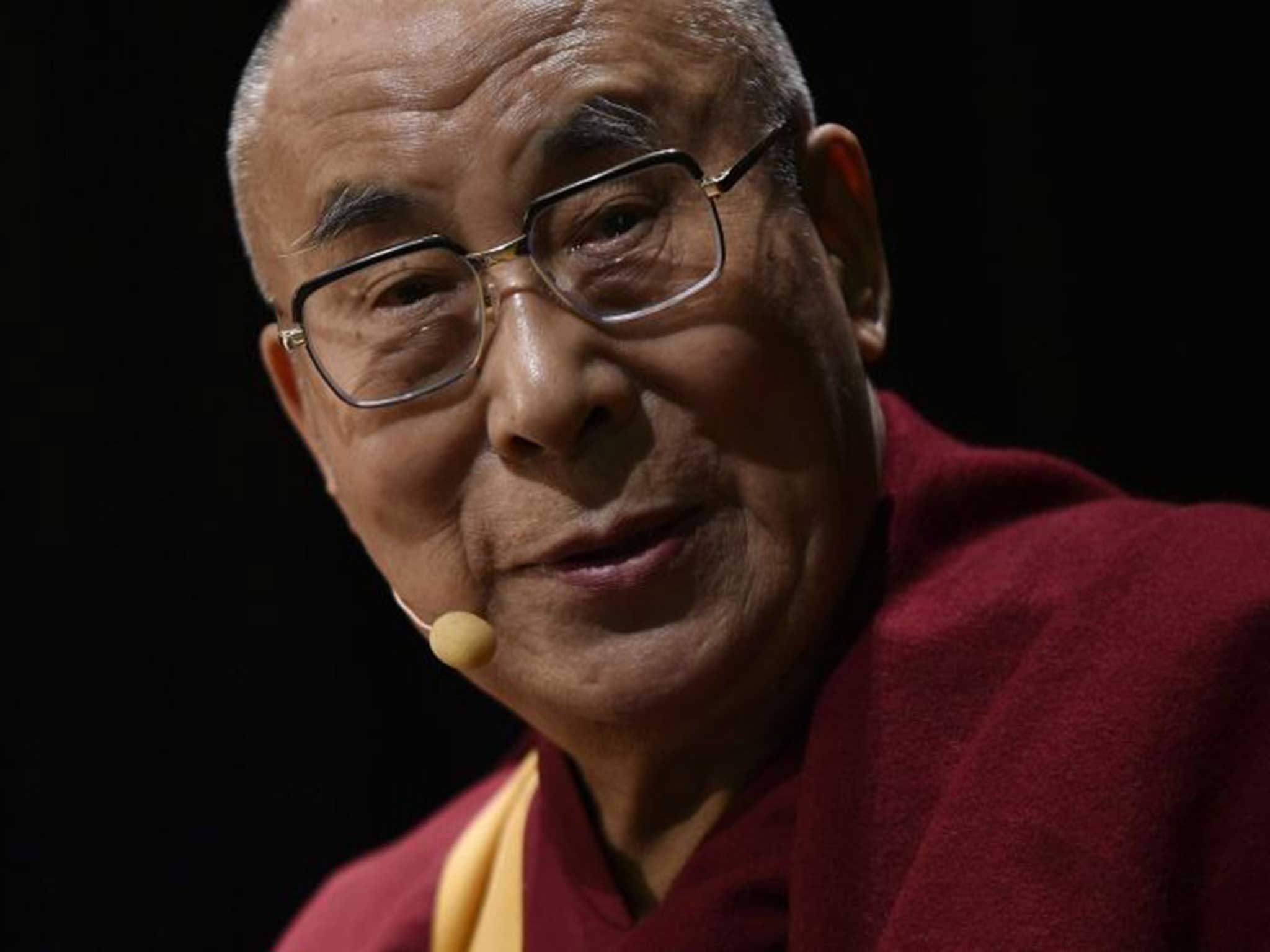Will the Dalai Lama be reincarnated? Only he can decide, claims senior Tibetan monk
The Karmapa Lama, Ogyen Trinley Dorje, responds to claims by the Chinese government that the Nobel Peace Prize winner was certain to be reborn

Will the Dalai Lama be reincarnated after he dies? One of the highest Tibetan monks in exile, himself regarded as a tulku or reincarnated lama, says the decision is the Dalai Lama’s to make.
Ogyen Trinley Dorje, revered as the Karmapa Lama, said: “In Tibetan traditions, we don’t talk much about the reincarnation of a living master… in my view it is only the Dalai Lama himself who should decide about his future reincarnation.
“I am confident and have full trust in his decision,” he added, speaking to Radio Free Asia.
The Karmapa, who is based close to the Dalai Lama’s home monastery in Dharamsala in the Indian Himalayas, was responding to claims by Chinese officials that the Tibetan Nobel Peace Prize winner was certain to be reincarnated.
Zhu Weiqun, a Chinese official who deals with Tibet issues, said during the annual meeting of the National People’s Congress in Beijing last month that the choice of whether or not the Dalai Lama is reborn is not up to the exiled Tibetan leader. “The Dalai Lama lineage will continue to exist through reincarnation,” he said. “Decision-making power over the reincarnation of the Dalai Lama, and over the end or survival of his lineage, resides in the central government of China.”
This view was backed by the Chinese foreign ministry spokesman Hong Lei, who said the reincarnation “must respect the relevant religious rituals, historic custom and the state’s laws and rules”.
There is a farcical aspect to atheistic Communists pronouncing on such questions. The prime minister of the Tibetan government in exile, Lobsang Sangay, commented, “It’s like Fidel Castro saying, ‘I will select the next pope and all the Catholics should follow’.”
But the phenomenon of the tulku has become a highly polarising issue since the Chinese takeover of Tibet in 1959. The highest tulkus, including the Dalai Lama and the Karmapa Lama, have long had an influence over the spiritual lives of Tibetan Buddhists comparable to that of popes over devout Catholics. In the case of the Dalai Lama, several previous reincarnations have been the effective rulers of Tibet.
Chinese rule is deeply resented by many Tibetans, more than 130 of whom have burned themselves to death in recent years in protest at the marginalisation of Tibetan language and culture.
Beijing clearly believes that tame tulkus are the way to secure Tibetan consent to their rule. In 1995, after the Dalai Lama named a six-year-old boy in Tibet as the tulku of the previous Panchen Lama, the second highest figure in Tibetan Buddhism, China put the child under house arrest. In his place they installed another boy as Panchen Lama. Tibetans still refer to China’s choice as “false Panchen”. He lives in Beijing and has only visited Tibet three times, each time under heavy police guard.
Wary of the same thing happening to his own line, the Dalai Lama has thrown out a variety of possibilities for the next Dalai Lama. These include the next tulku being born outside Tibet, being female, or being identified not as a child but an adult.
He has also said it is up to the Tibetan people whether or not there is another “Holder of the White Lotus” (one of his titles) and, to Beijing’s fury, that the title might simply expire. The tulku phenomenon goes back centuries and can be controversial, with two or more rival candidates for a particular title often being “discovered”.
Join our commenting forum
Join thought-provoking conversations, follow other Independent readers and see their replies
0Comments